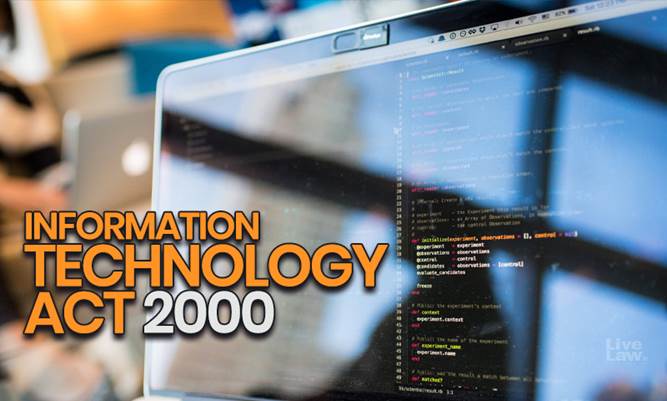Description

Copyright infringement not intended
In News
- Social media platform ‘Twitter’ has filed a petition in the Karnataka High Court to get relaxation from the multiple orders from the Union government to impose a blanket ban on individual accounts instead of specific content.
- According to Twitter, the blocking orders issued by the Union Government were “procedurally and substantially” non-compliant with Section 69A of the Information Technology Act (IT Act).
Details
- Social Media Platforms had been communicating to the Ministry of Electronics and Information Technology about a reconsideration of some of the blocking orders.
- However, the Ministry has issued a notification about complying with the government orders or facing serious consequences for non-compliance.
- Twitter filed a writ petition challenging several of the blocking orders by the Union Government.
- The Minister of State for Information and Technology has said that all foreign intermediaries have the right to judicial review, but they have the obligation to comply with Indian laws.
Section 69A of the IT Act 2000
- Section 69A of the Information Technology (IT) Act empowers the government to restrict access to any online content to protect the interest of;
- Sovereignty and Integrity of the Nation.
- Security of the State.
- Friendly relations with foreign states.
- Public order.
- All orders to restrict information or content must be recorded in writing.
- Social media intermediaries failing to comply with the rules and regulations are liable to be monetarily penalized along with an imprisonment term which may extend up to 7 years.
- The procedures for executing the provisions of the act are mentioned in the Information Technology (Procedure and Safeguards for Blocking for Access of Information by Public) Rules, 2009.
- Step 1: It mentioned that an officer along with an examination committee review the content in question within 48 hours of receiving the takedown request.
- Step 2: Provide an opportunity to the author or originator of the content for clarifications.
- Step 3: The recommendations are then sent to the Secretary of the Dept of Information Technology for approval and then a request is forwarded to the social media intermediary for restricting access.
- Emergency provisions specify that clarification is required within 48 hours after the content has been blocked for specified reasons.
- Blocking Orders can be revoked after review or examination.
- Rule 16 of the act states that strict confidentiality should be maintained on all requests and actions taken, but without compromising transparency and accountability.
- The Act complies with Article 19 of the Indian Constitution which guarantees freedom of speech and expression. However, Clause 2 of the article allows the state to impose reasonable restrictions for the same reasons as those for Section 69A.
Twitter’s arguments
- Between February 2, 2021, and February 28, 2022, Twitter received government orders to block 1,474 accounts and 175 tweets in India. Several of these URLs had journalistic or political content.
- Twitter argues that the government is just twisting the words of Section 69A as reasons for blocking URLs and accounts.
- The government has not shown why the restrictions were necessary in the interest of public order or for any other reason in the blocking orders.
- The Supreme Court in the Superintendent, Central Prison, Fatehgarh vs Ram Manohar Lohia (1960) case has stated that restrictions made in the public interest must include a reasonable connection with the purpose being achieved.
- The concerns are raised on the orders aimed at blocking individual accounts and not the specific content.
- In Shreya Singhal vs Union of India (2012) the Supreme Court has stated a mandatory hearing for the author of the content as well as the intermediary. It is also guaranteed under Rule 8 of the act.
- Twitter stated that the government has neither provided any notice nor any hearing.
Way Forward
- The Confidentiality Clause under the act is preventing legal challenges to content blocking orders; it is difficult to understand the Governments reasoning.
- It doesn't come under the purview of Right to Information (RTI), recently the Bharat Sanchar Nigam Limited (BSNL) rejected many RTI requests that asked for the list of blocked websites
- The lack of transparency, Clear guidelines and a monitoring mechanism under the act means that there are various forms of arbitrary behavior involved.
- India needs clarity about the rationality behind limitations and restrictions of free speech which may also guide legislative drafting and judicial decisions in the future.
- We need to balance the National security concerns and Fundamental Rights of our Citizens.
https://epaper.thehindu.com/Home/ShareArticle?OrgId=G5SA15L46.1&imageview=0
1.png)
https://t.me/+hJqMV1O0se03Njk9














